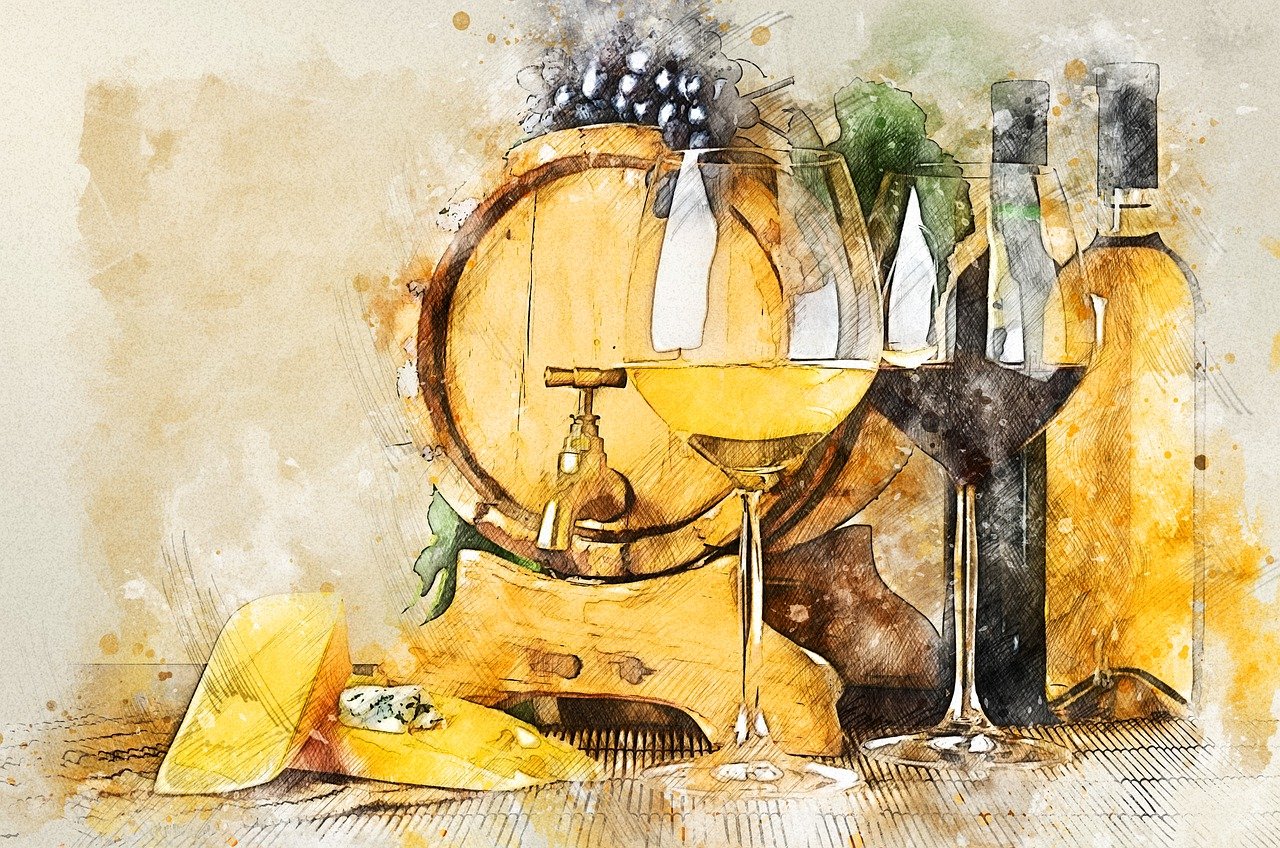A treasured bottle of wine often reflects a warm memory or time spent with someone special. It should be stored properly to ensure that it matures at the perfect conditions.
A wine cellar brisbane is an ideal addition to a home. It increases the value of a property and is an obvious companion to homes with large entertainer’s kitchens. The Brisbane Club wine experts share some insights to maintain a wone cellar.
Space
Many wine lovers like to keep their collection in a separate cellar or room to allow the wines to cultivate and age. Some choose to convert their basement or another spare room in the house while others buy purpose built concrete wine cellars that are designed with thermal protection and insulation to keep them cool.
A proper cellar should be located in the coldest area of the home or unit and away from sunlight or light sources that may cause heat to the wine. The cellar should also be insulated and vapour or moisture barriers installed to prevent a leak and provide air-tight protection. This is important as too much heat can affect the integrity and flavour of a fine wine.
The first thing to consider is how big of a space you want to build or convert into your wine cellar. You will need enough space to fit all your bottles with room to move and for guests to be seated. Also, the space should be free of any clutter that could interfere with storing your wine properly.
Located in the heritage-listed Moreton Rubber Works building on Wandoo Street, City Winery Brisbane is the first inner-city winery to open in Brisbane since 1860. This modern Australian restaurant, cellar door and winery offers a variety of experiences including wine blending workshops, tastings and private function spaces in both the barrel room/winery and cellar.
Insulation
Having the right type of insulation is vital for home wine cellars. If your wine cellar isn’t properly insulated, it will fail to maintain the low temperature and high humidity necessary for proper storage. This can cause your wine to become cooked, resulting in a poor taste and even a pungent sulphurous smell.
Rigid foam board made from polystyrene is a common insulating material for wine cellars. It is easy to install and typically costs less than fiberglass batt insulation. However, it has the disadvantage of being difficult to maneuver around wiring, piping and conduits. You’ll either have to wrap the wires and pipes or cut holes in the cellar wall to accommodate them.
A better option for cellar insulation is closed-cell spray foam. With just three inches of this material, you can achieve an R-19 rating. Closed-cell foam also glides over the surface and produces its own vapor barrier, eliminating the need for plastic sheeting. It also cures much more rigidly and effectively stops convection through and within the walls.
Ventilation
The temperature, humidity, and air quality in your wine cellar are critical to the quality of the wines stored there. Proper ventilation allows your wine to maintain a cool, dry environment and removes stagnant air from the space. Without proper ventilation, your wines may develop unpleasant odors and flavors, or even mold. If your wine cellar is in a humid area, you may also need a humidity control system to regulate the level of moisture in the air.
Ventilation in a wine cellar is usually achieved through through-the-wall systems. These are installed between the wall studs of the cellar and are completely self-contained. They are an effective solution for larger spaces and allow for more flexibility when it comes to the layout of your cellar. They are also easy to clean and repair, which makes them an excellent option for a wine cellar that will be used often.
It’s important to keep in mind that your wine should be stored in a dark, cool place. Direct sunlight can damage the bottles and increase oxidation. A wine cellar should also be free of vibrations and noise, which can interfere with the wine’s quality. It’s also a good idea to install a digital thermometer and hygrometer, which will help you monitor the conditions of your cellar. Humidity levels should be between 50 and 80 percent.
Odour Control
A wine cellar should be kept as odour-free as possible. If odours are present in the cellar, it can interfere with the wine’s ability to mature properly. If you have a problem with odours, it may be necessary to install an odour control system. These can be ducted or ductless, with a range of capacities and prices available. A ducted odour control system is the most effective solution because it can be installed throughout the home, and it can be customised to meet your specific requirements.
If your cellar is located close to laundry rooms, boilers, or air conditioning units, the vibrations and odours from these appliances can disturb the wine and cause it to lose its distinctive flavour. Ideally, the wine cellar should be in a separate room, away from other household activities.
Another no-no for your wine cellar is carpeting, which can trap moisture and lead to the formation of mould and mildew, both of which can ruin the taste and appearance of your wines. Opt for a durable floor material such as tile, stone or brick flooring instead to avoid these issues. You should also consider installing set timers and motion sensors to ensure lights are only on when they need to be. If lights are left on for long periods of time, they can heat up the cellar and damage the wine.

